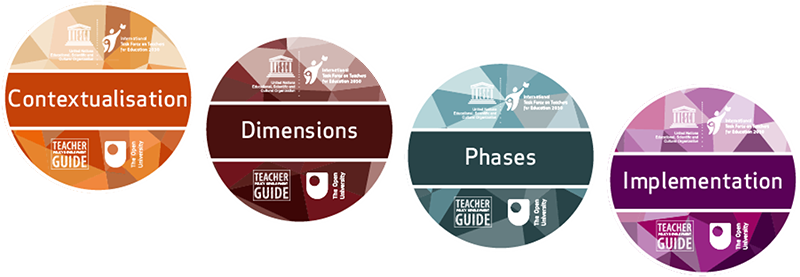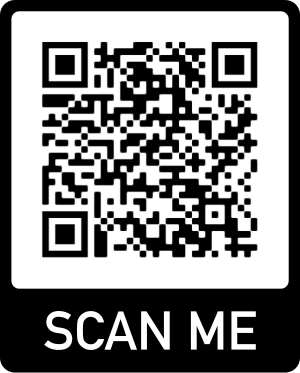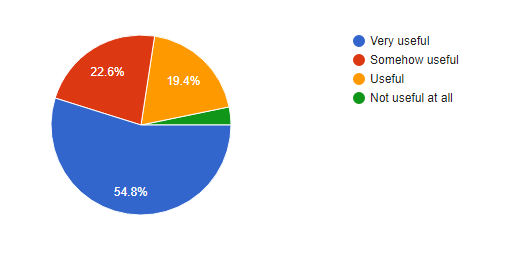Highlighting the teachers providing education through the COVID-19 crisis
The COVID-19 crisis is one of the biggest disruption of education the world has faced in recent history.
As over 1 billion learners have moved their learning online, the International Task Force on Teachers for Education 2030 wants to bring forward the experiences of teachers working every day to ensure their students continue to benefit from a quality education.
The following guidelines may be helpful:
- Ideally, the length of your text should be between 600 and 800 words.
- Focus should be on your experience as a teacher using distance teaching / learning tools and platforms:
- how you are working with your students and colleagues to continue providing education despite the crisis?
- how you are dealing with this new working conditions?
- what guidelines and support have you been given (if any)?
- Try to use a conversational, personal style in simple English. Please also bear in mind that many readers are not native English speakers.
- We encourage the use of hyperlinks throughout the text to data sources, organizations, publications, etc.
- We encourage sending photos and images to illusrate with your text. Please ensure proper credit information is communicated to the Secretariat.
- Please submit your draft in Word format. To ensure consistency across the text, it will be reviewed by the Secretariat, whereby suggestions and edits may be provided. The final text will always be cleared with the authors before publishing.
What format should your contribution follow?
- Headline: should be no more than 15 words to grab the reader’s attention.
- The introduction: present yourself, where you are from and what grade and subject you teach. It should be short and to the point.
- Use sub headings: they will break up the text making it more digest for the readers. One sub heading = one idea.
- We accept contributions in English, French and Spanish.
As over 1 billion learners have moved their learning online, the International Task Force on Teachers for Education 2030 wants to bring forward the experiences of teachers working every day to ensure their students continue to benefit from a quality education.
For questions or to submit a contribution, please contact: i.da-silva@unesco.org
Download the Guidelines in English and in Spanish.


